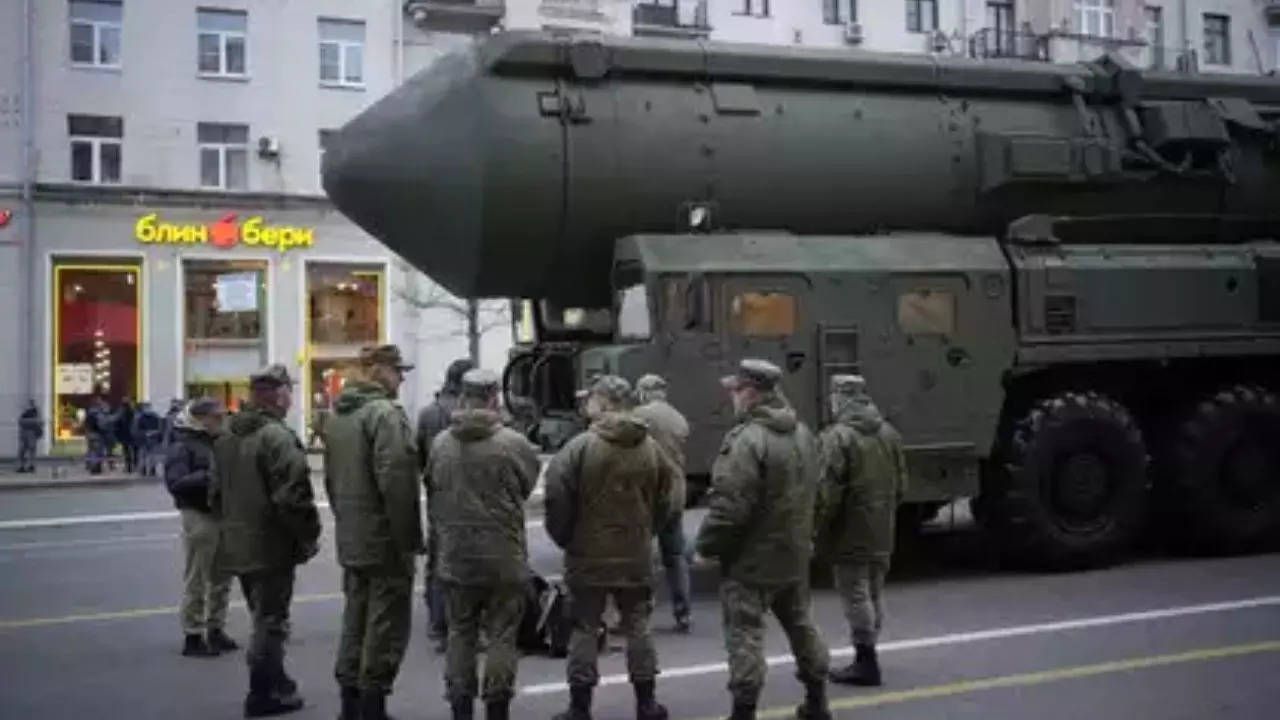After the collapse of the Soviet Union, Ukraine found itself in possession of a substantial nuclear arsenal. However, due to financial constraints and geopolitical concerns, Ukraine made the decision to disarm itself of these nuclear weapons. The 1994 Budapest Memorandum provided security assurances to Ukraine, but these promises were called into question when Russia annexed Crimea and backed separatists in Ukraine. The current conflict between Russia and Ukraine serves as a stark reminder of the vulnerabilities faced by Ukraine without the protection of nuclear deterrence. The geopolitical landscape in Eastern Europe has shifted significantly since Ukraine’s disarmament, underscoring the importance of security alliances and diplomatic relationships in ensuring the safety and stability of nations. The repercussions of Ukraine’s decision to relinquish its nuclear weapons continue to be felt today, with ongoing tensions and conflicts in the region. It raises questions about the effectiveness of international agreements in guaranteeing security and the need for countries to reassess their defense strategies in an ever-evolving global environment.

Posted in
JUST IN
Ukraine’s decision to give up nuclear weapons haunts them as Russia-Ukraine conflict unfolds: Analysis.
In Trend
















